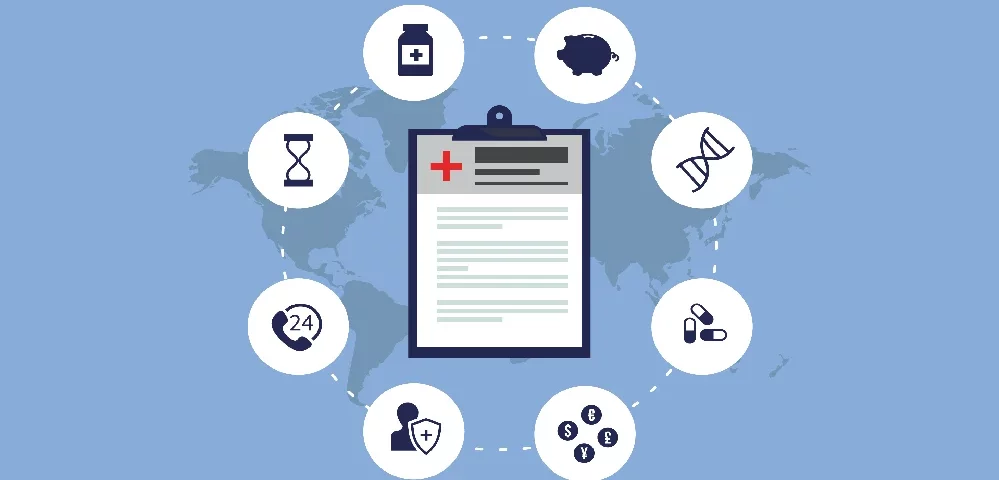Patient care coordination is the process of organizing and managing a patient’s care across different providers, settings, and periods. It involves ensuring that the patient’s needs are met and that they receive the right care at the right time. With PCC practices can increase revenue up to 60%.

There are many benefits to patient care coordination, including:
- Improved patient outcomes
- Reduced costs
- Increased patient satisfaction
- Enhanced patient safety
There are several things that healthcare organizations can do to improve patient care coordination, such as:
Establishing a single point of contact for the patient. This could be a care coordinator, nurse navigator, or another healthcare professional responsible for ensuring that the patient’s care is coordinated and that they are receiving all the services they need.
Using technology to improve communication and coordination. This could include using electronic health records (EHRs) to share information between providers or using patient portals to allow patients to access their health information and communicate with their providers.
Developing and implementing care plans. Care plans should be individualized to the patient’s needs and preferences and should be updated regularly as the patient’s condition changes.
Monitoring patient progress and adjusting the care plan as needed. This could involve tracking the patient’s symptoms, medications, and overall health status.
Providing support to patients and families. This could involve helping patients to understand their condition, manage their medications, and access resources in the community.

How do patient care coordination services help healthcare organizations to improve patient experiences?
Improved communication and collaboration. PCC makes it easy for providers to communicate with each other and share information about their patients. This helps to ensure that everyone involved in the patient’s care is on the same page and that the patient is receiving the right care at the right time.
Streamlined care plans. It helps providers to develop and implement care plans that are individualized to the patient’s needs and preferences. This technology also allows providers to track patient progress and adjust the care plan as needed.
Enhanced patient engagement. It may also allow patients to access their health information and communicate with their providers through a patient portal. This helps patients feel more involved in their care and makes it easier for them to manage their health.
Conclusion
Patient care coordination is essential for improving the patient’s experience and delivering high-quality care. Werq Labs can help healthcare practices improve patient care coordination by providing a platform for communication and collaboration, streamlining care plans, and enhancing patient engagement.
